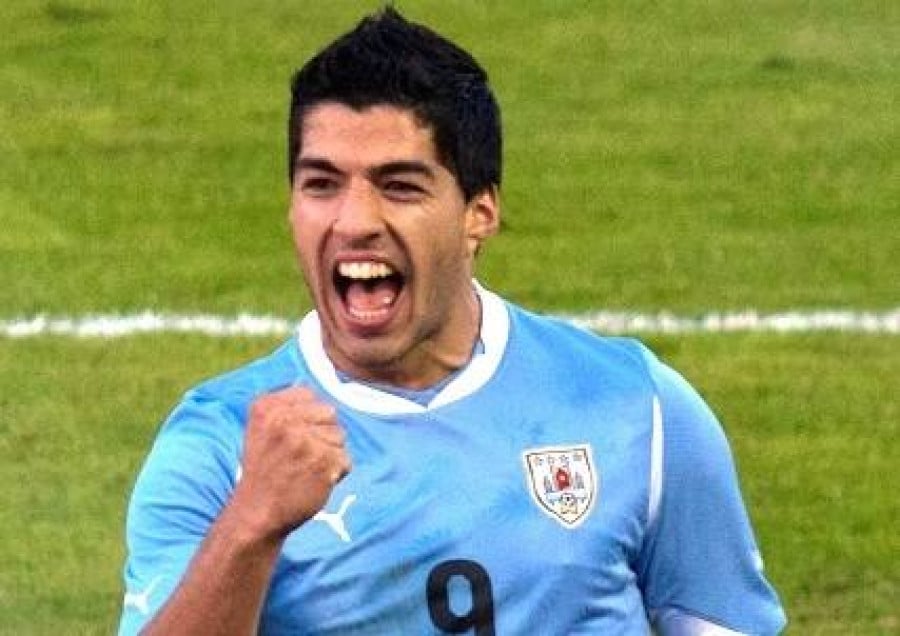Find out why Suarez's CAS appeal may succeed

High threshold
- FIFA did not have the power to ban him from domestic club games;
- and/or,A ban from “all football-related activity” for 4 months or at all is disproportionate.
Domestic ban
To continue reading or watching login or register here
Already a member? Sign in
Get access to all of the expert analysis and commentary at LawInSport including articles, webinars, conference videos and podcast transcripts. Find out more here.
- Tags: 2014 FIFA World Cup Brazil | Brazil | Court of Arbitration for Sport (CAS) | FIFA | FIFA Disciplinary Code | FIFA Dispute Resolution Chamber | FIFPro | Football | Restraint of trade
Related Articles
- The infamous Suarez bite: a criminal law matter?
- Suarez bite: the real impact
- Luis Suarez - Rebel without a clause
- How can Suarez legally defend against a ban from football for his World Cup “bite”?
- Could Liverpool sack Suarez?
- FIFPro Release - Suarez: Fair solution is still possible
- The FIFA Suarez ban explained
Written by
John Mehrzad KC
John Mehrzad KC is a Barrister at Fountain Court Chambers specialising in sports law, employment and commercial disputes, across the fields of litigation, domestic and international arbitration as well as cross-border matters.
He was appointed as a silk after only 12 full years’ practice – the fastest barrister appointee of the 2019 competition. More recently, he was listed in The Lawyer’s “Hot 100 2023”, and he has been described in the legal directories as “exceptional and a true heavyweight in his field” with the recommendation that “if you want to win – you want him on your side before the opposition snaps him up”. He was nominated as ‘Sports Law Silk of the Year’ by The Legal 500 in 2022 and 2023.

 Global Summit 2024
Global Summit 2024